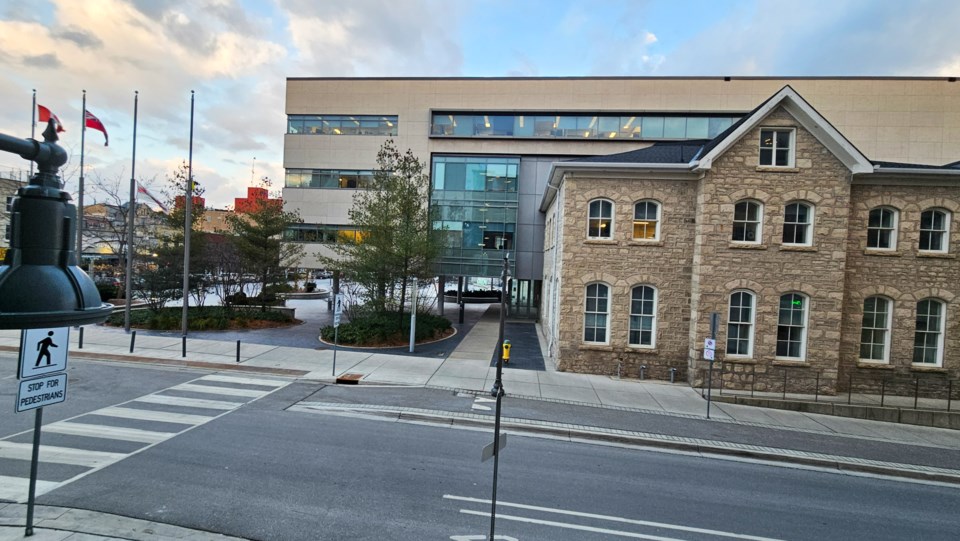Weeks after city council approved an 8.52 per cent property tax increase for next year, a new report shows municipal officials expect to see a $5.1 million surplus for 2023.
As explained in the report, non-tax supported spending is projected to finish the year $560,000 in the black, while the tax-supported portion of the budget is forecast to have a $4.5 million surplus.
That’s the financial picture as of the end of September.
Some “notable drivers” of the city’s financial position include $7.4 million in unbudgeted revenue (including a $1.3 million shortfall for parking services and a $1.1 million bump from Guelph Transit), staffing costs trending to $4.6 million below budget, and $600,000 less than planned for in utility costs.
On the flip side of that coin, fuel costs are predicted to be $1.4 million over budget and the social services bill from the County of Wellington, which provides services on the city’s behalf, looks to be $4.4 million more than budgeted for.
In approving the 2024 to 2027 city budget at the end of November, city council used “reserves to phase-in future on-going operating costs related to increased employee benefits, excess liability insurance, fuel and social services,” the report states, noting a recommendation to council at the time recommended the “first priority” for year-end surpluses be to replenish those reserves.
During budget discussions, city staff said it would take $2.95 million to result in a one per cent property tax change. If a $5.1 million surplus is realized, it would reduce the tax increase to 6.8 per cent if applied to the 2024 city budget.
